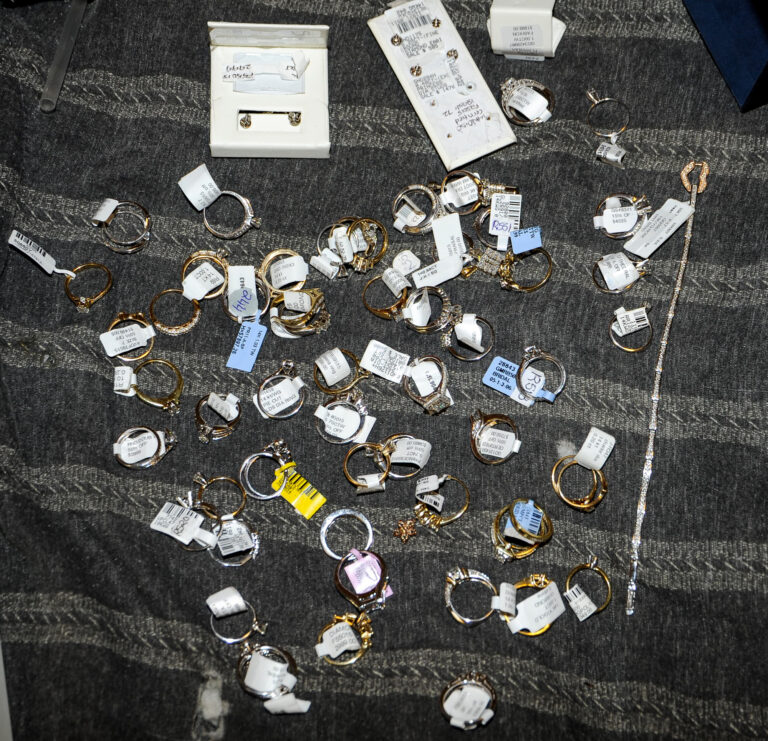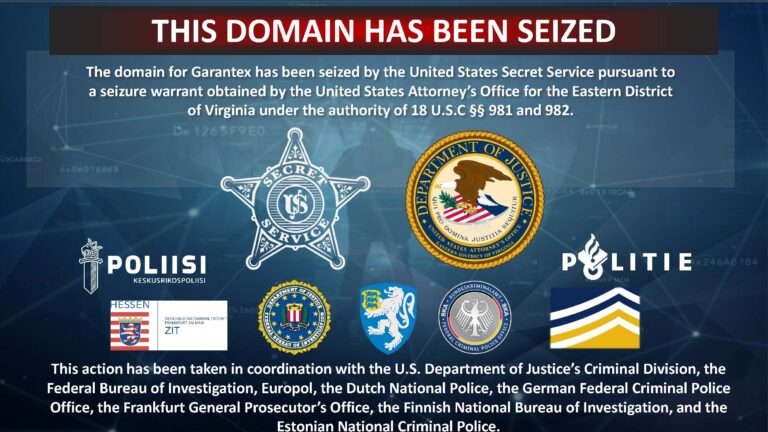Visa Fraud: Wright State University’s Board of Trustees Admitted to H1B Visa Fraud Violations
Wright State University Agrees to Pay Government $1 Million for Visa Fraud
DAYTON – Wright State University’s Board of Trustees has accepted responsibility for visa fraud offenses on behalf of the university and agreed to pay the federal government $1 million.
Benjamin C. Glassman, United States Attorney for the Southern District of Ohio, and Steve Francis, Special Agent in Charge, Homeland Security Investigations (HSI), and James Vanderberg, Special Agent in Charge of the U.S. Department of Labor Office of the Inspector General, announced the agreement entered into today.
According to the agreement, between 2010 and 2013, Wright State entered into several sponsored research contracts with Webyoga, Inc., a privately held, Dayton-based software company. As part of the contracts, Wright State would employ software engineers, obtain H-1B visas for the employees, and pay their respective salary and benefits as employees of the university.
The H-1B visa program allows companies in the United States to temporarily employ foreign workers in occupations that require highly specialized knowledge and a bachelor’s or higher degree in a specific specialty. As an institute of higher learning, Wright State was “ cap exempt” from limits on the number of H-1B visas it could obtain, unlike other types of organizations.
Wright State University employed 24 foreign employees – who were selected and approved by Webyoga – through H-1B visas. The university used its “cap exempt” status to apply for the visas. In doing so, Wright State submitted a signed employment offer letter from the university indicating the visa employee would be working for the university and under the supervision of university employees.
Wright State did not disclose in the visa applications that it knew the employees would actually be working for Webyoga. In fact, the university further specified the visa employees would not be working offsite, but would be physically working on the school’s campus in Fairborn.
Rather than develop the software programs named in the contracts, the visa employees worked as consultants on behalf of Webyoga in various cities throughout the country, including Atlanta, Orlando and New York City.
Over the course of the contracts, Wright State invoiced Webyoga for more than $1.8 million for the fees associated with the employees’ visas, the employees’ salaries and benefits, and administrative costs for the university.
Between 2010 and 2015, Wright State also entered into similar arrangements with other companies wherein it would apply for H-1B visas for individuals, knowing the individuals were going to work on a routine basis for another company that would then reimburse the school.
“Visa fraud in higher education undermines the integrity of our immigration laws,” said U.S. Attorney Glassman. “Today’s agreement ensures that will not happen again at Wright State. It also serves as a warning to other institutions that participate in the H-1B visa program that fraud in the administration of the program leads to consequences.”
“The federal agreement ordering Wright State University to admit to H1-B visa fraud violations and pay a $1 million dollar fine is the largest sanction imposed by HSI in Ohio relating to a visa-fraud investigation,” said Steve Francis, special agent in charge for HSI in Michigan and Ohio. “This outcome should serve as a warning to entities who may be seeking to exploit the U.S. Visa process.”
“Wright State University’s agreement to pay $1 million to the Government is a result of a visa fraud investigation that found the university grossly misused the H1-B visa cap exemption. We will continue to work with our law enforcement partners to vigorously pursue those who defraud worker visa programs for their own personal gain,” stated James Vanderberg, Special Agent-in-Charge, Chicago Region, U.S. Department of Labor Office of Inspector General.
Wright State University acknowledges that the placement of H-1B visa employees with other companies and in locations other than Fairborn violated the terms of their visa applications. As a result, the companies who were subject to the numerical H-1B visa limitation were able to use H-1B employees through their contracts with Wright State.
Upon being notified by the U.S. Attorney’s Office of the federal investigation, the school’s Board of Trustees immediately addressed the H-1B visa employment issues by removing the faculty and employees responsible for the contracts. This included restructuring key departments such as the General Counsel’s Office and the Department of Compliance in order to insure all existing and future H-1B employee applications comply with all federal laws and regulations.
Glassman added: “Several factors were important in the decision to resolve the matter with Wright State by agreement, rather than prosecution. These factors include Wright State’s immediate cooperation upon being notified by federal authorities of the investigation, the removal or demotion of the responsible employees, Wright State’s remedial measures, including the university’s commitment to audit and compliance, and consideration of the Wright State student body’s wellbeing as part of the public interest.”
The University will pay the federal government $1 million in three installments. The first of those installments is due within 60 days and the second is due within 12 months. The final installment must be paid within 12 months of the second payment.





